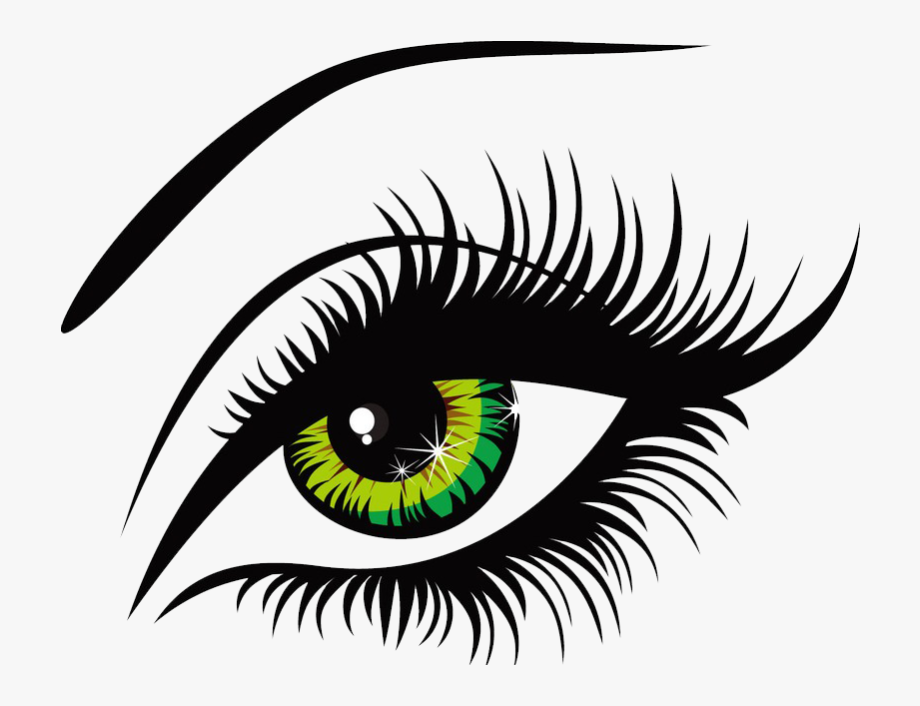Everyone wants to have healthy eyes and especially avoid some of the eye diseases that can come with age. It doesn’t matter that we have to wear glasses because at least they let us see what is in front of us. My mother had incredible eyes even when she reached her 80s she only needed glasses for watching TV and for reading. I have my dad’s vision and have had to wear glasses since I was in the 8th grade.
However, a combination of mom and dad genes has made it so that now my eyes remain steady and when I have to read the fine print on anything I have to take my glasses off to read it otherwise the small print blurs. I can also read books without my glasses. For everything else, I need them of course. I know that the one thing that is always on everyone’s mind is how do I keep my eyes healthy? Well, I’ve discovered some answers for you and it’s all about what you eat.
Eating a lot of greens can be good for your eyes. You should eat vegetables like kale, spinach, collard and turnip greens, and broccoli often. The best thing is that you can eat some of these vegetables cooked or raw. You can make spinach into salads and add another food good for eyesight – egg. All of these foods have two powerful antioxidants, lutein and zeaxanthin. They protect your eyes from retinal damage, the forming of cataracts, and age-related macular degeneration. So start thinking about healthy eating with fresh spinach and hard-boiled egg salad, stir-fried broccoli, and chicken fillet and other kinds of food combinations.
Your eyes will also improve by eating fruit and vegetables that are rich in vitamin C such as oranges, peaches, strawberries, red bell peppers, and tomatoes. These foods help support the blood vessels in the eyes and could possibly reduce cataract formation. You can create many delicious smoothies with the fruit and make spaghetti sauce with tomatoes and peppers.
Vitamin E is a nutrient that protects the eyes from free-radical damage and a great source of this nutrient is peanuts. It has also been known to keep back the progression of cataracts and age-related macular degeneration. Other sources of vitamin E are almonds, sunflower seeds, and hazelnuts.
Red kidney beans can be used in various different recipes or eaten just plain as a snack. These beans are a good source of zinc which is a mineral vital to eye health. Zinc also helps get vitamin A from the liver to the retina for eye-protective melanin.
Salmon offers two kinds of omega-3 fatty acids – docosahexaenoic acid or DHA and eicosapentaenoic acid or EPA. Their importance is to prevent or slow down eye diseases. Other sources of omega-3 are sardines, tuna, walnuts, and flax seeds.
Whole grains can help you to reduce the risk of age-related macular degeneration by almost 8% by lowering glycemic index or GI. You should use high fiber whole grains rather than refined carbs. Look for quinoa, brown rice, whole oats, and whole-wheat bread and pasta but not products that are made from refined grains or refined enriched flour.
Apricots are rich in beta carotene which the body converts to vitamin A. Beta carotene can help with night vision and can play a part in preventing cataracts. Also try carrots, sweet potatoes, cantaloupe, and winter squash. I simply love steamed carrots just so they are soft but not mushy and you can add them to lots of different dishes. Mom stewed dried apricots and they were fantastic.
You can create great combinations with all of these different foods for your eye health. Don’t just focus on one nutrient but eat a great variety of vegetables and fruits. Make sure to choose healthy fats and high-fiber carbs. Make sure to reduce red meat, sugars, and refined flour in your diet.
